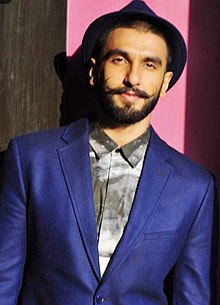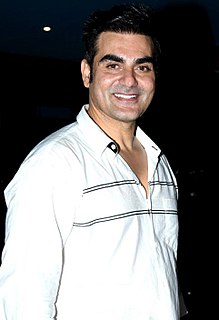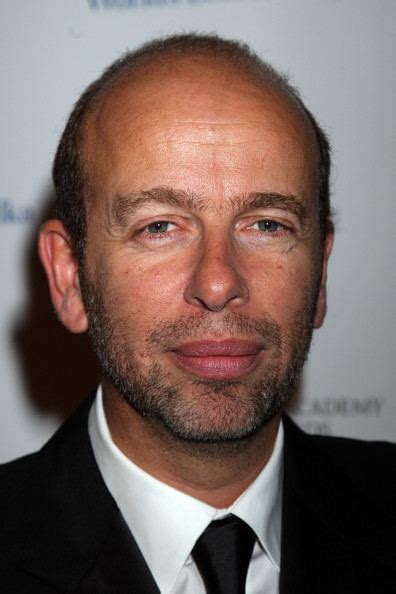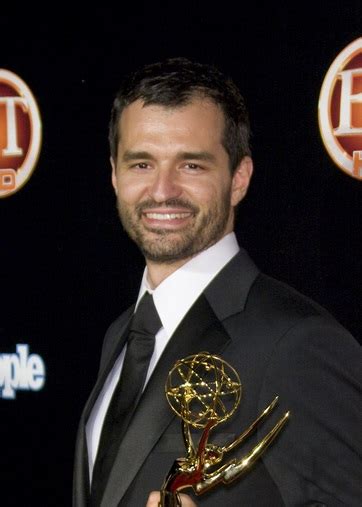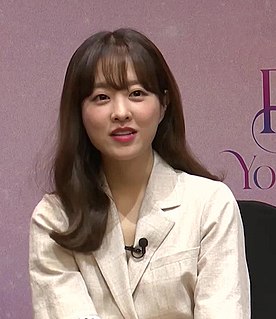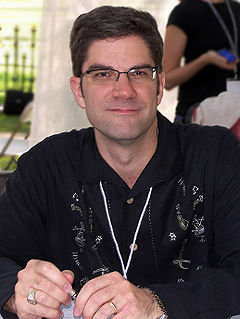A Quote by Charlize Theron
At least I know that one film-maker in my career has had the initiative to come to me and thought of me as being capable of doing interesting and complicated work, and so I have a new-found belief that other film-makers will see me in a different way, the way that Patty did.
Related Quotes
I met Michael Snow and Stan Brakhage the second day after I arrived, you know. I had never seen or heard of Brakhage. For me, it was a revolution, because I was well educated in film, but American-style experimental film was known to me in the abstract, and I had seen practically nothing. I had seen a film then that Noël Burch had found and was distributing called Echoes of Silence. It was a beautiful film, three hours long. It goes forever and it was in black and white, very grainy, and I saw that film and I thought...it was not New Wave. It was really a new concept of cinema.
You do the work and you want people to see it; but, um while I'm doing the work, the result doesn't matter at all to me. Ultimately, I don't, I don't care whether the film is - you know - some big giant box-office bonanza and I don't care if its a complete flop. To me, when a film gets made and it's actually finished it's a success. They're all a success in their own way.
African films should be thought of as offering as many different points of view as the film of any other different continent. Nobody would say that French film is all European film, or Italian film is all European film. And in the same way that those places have different filmmakers that speak to different issues, all the countries in Africa have that too.
I don't come from a flashy film background. TV's been a great home for me, and being able to do that work kind of unnoticed, and not putting that out in the foreground was perfectly fine for me. I just continue to want to make sure that that's what it's about. I think when you start spinning out on what other people are doing and trying to chase something, you're really on a one-way ticket to things not working out the way you want them to.
No one forces me, or any other writer, to sell a film option on the books. If you don't want to run the risk that the filmmakers may adapt your work in a way you don't like, then you don't sell the option. You know when you sell it that they will have to make some changes, just because film and TV are different media than books.
I think a lot of people go into filmmaking thinking, "How can I make a career?" And so when they make their first film, they make it thinking, "Well, this'll be the one that gets me to the place where I can make the second film the way I want to make it, and that'll get me to the place where I can make $100 million on the third film." And I thought, "Well, if I put sustainability at the bottom of my priority list, then what opportunities is that going to free me up to pursue?" And that's what I've always done.
I like to adapt to a director's way of working. I love doing that. Each director is so different, and you have to adapt to this new way of doing something. That's what's amazing to me. That's why I love directors. I don't want to director to have to work around me. I think it's more fun for me to come in on their thing.
Could you not give me some sign, or tell me something about you that never changes, or some other way to know you, or thing to know you by?" — "No, Curdie: that would be to keep you from knowing me. You must know me in quite another way from that. It would not be the least use to you or me either if I were to make you know me in that way. It would be but to know the sign of me — not to know me myself.

